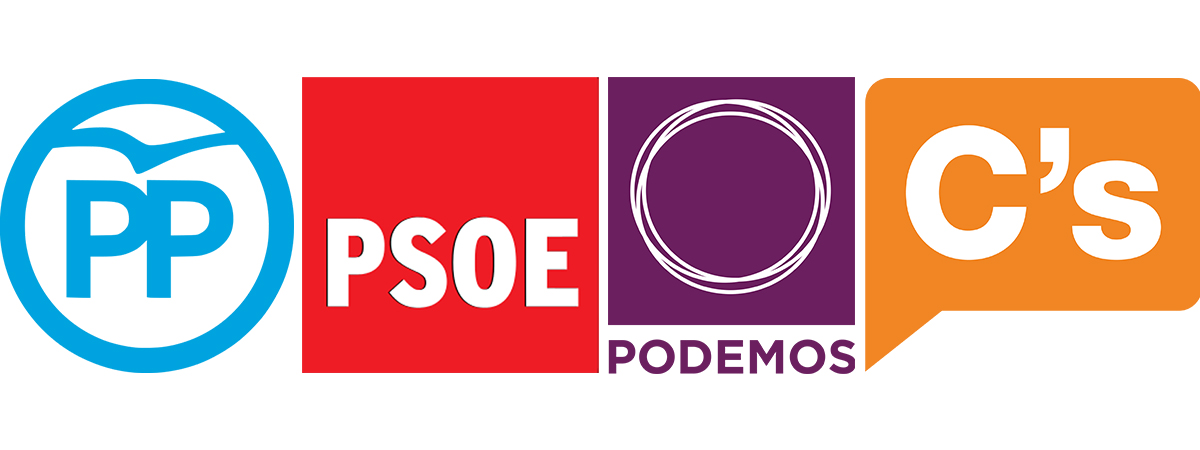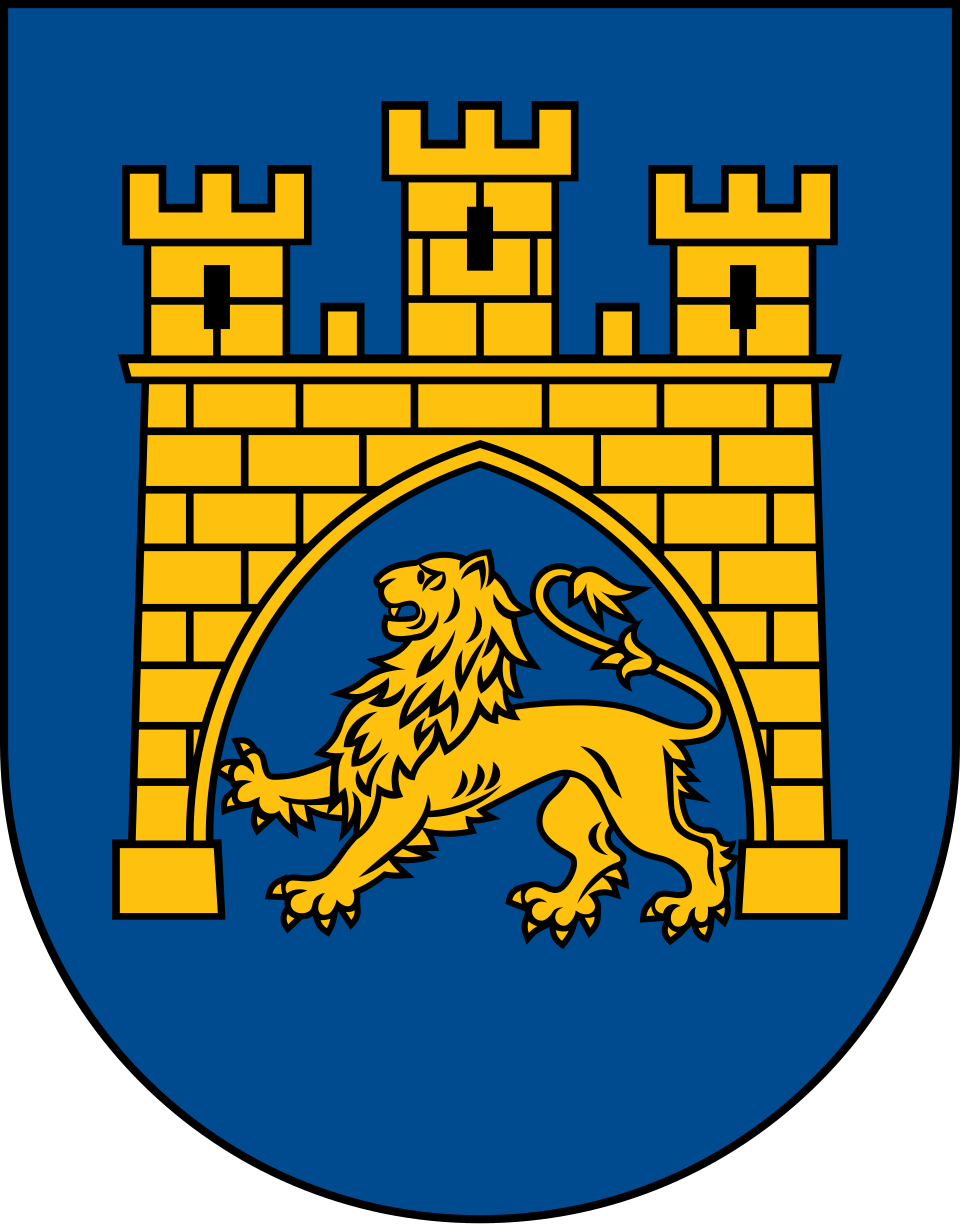The territorial debate in Spain

When this newsletter is released, the new Spanish parliament, elected last 20th December, will be in the process of being constituted. It will be hard, or rather extremely hard, for it to form a government. Many political analysts have stated that we are facing a second transition, after the first one that carried the country from Franco’s dictatorship to democracy.
The new scenario, with the appearance of left-wing party Podemos and of Ciudadanos, shatters the two-party system of the Popular Party (PP) and the Socialist Workers’ Party (PSOE). There is talk of a renewal of politics, and a greater demand for transparency, on the face of the corruption scandals that have rocked traditional parties, permeates the atmosphere.
Apart from the break from the two-party system and the demand for transparency, the current scenario is also conditioned by a territorial debate, and especially by the project for the independence of Catalonia that has gained momentum since the Constitutional Court overruled the Statute of Autonomy approved in 2006 after a lengthy process.
The Spanish regional system has been a reference for years, both because of its high level of decentralization and because of the perception that it has been essential for the economic upsurge of –even– the most underdeveloped regions. The results of what was conceived with the 1978 Constitution is nevertheless being brought into question by all participants.
On the one hand, the PP wants to stop regional development. It is time to end the transfer of competences, it states, which is leaving the state with a ‘residual’ value. They opt for a strong central state, with the Spanish nation as its backbone, with the Constitution as the only source of legitimacy. The PP used these arguments to be the driving force behind the appeal on the grounds of unconstitutionality of the Catalan Statute.
Once in power, President Mariano Rajoy’s PP refused to negotiate with the Catalan government, including the demands for improved funding. One of its ministers spoke of ‘making Catalan children more Spanish’. Meanwhile, the Commission for the Reform of the Public Administration was created in 2012. Its purpose was to ‘avoid duplicities’ by eliminating bodies and regional capacities. And then, in the dying months of the term, it approved a reform of the Constitutional Court with the sole support of its deputies to grant this Court powers to suspend regional officials and regional government leaders.
Opposite the PP, the PSOE defends a constitutional reform and a change towards a federal organization. Its secretary-general, Pedro Sánchez, has been at the forefront of this position. Its legitimacy is undermined by the fact that no steps towards a federal government were taken during PSOE’s tenure in government. Furthermore, opinion is divided among its regional leaders: while Andalusian president Susana Díaz guards against any excess from Catalonia, Ximo Puig, from Valencia, or Francina Armengol, from the Balearic Islands, demand improved funding for the regions in terms that are strikingly similar to those demanded by Catalonia before they opted for independence.
President Mariano Rajoy received the most votes on 20th December, but did not obtain enough to form a majority. The PP is therefore contemplating a coalition with PSOE and Ciudadanos. Considering how tense the election campaign was, this Spanish “Große Koalition” does not bode well. However, it might still be formed so it can oppose what has come to be known as the ‘Catalan challenge’. Rajoy does not have any other options, and that is how he is presenting it.
Pedro Sánchez, on the other hand, could form a government with Podemos and Catalan and Basque nationalist parties. The leader of Podemos, Pablo Iglesias, has stated that one of the conditions for his support is that a referendum for independence needs to be held in Catalonia. Sánchez, and especially the Andalusian president, are not willing to give in to this requirement. However, it is the key to form a government, so the question is whether Sánchez will agree to hold the referendum or Podemos will go back on its campaign promise.
The final piece of the puzzle is Ciudadanos. As a champion of the new politics movement, its leader, Albert Rivera, is of a similar opinion to Mariano Rajoy and the PP. In some cases, he even goes further. He defends, for instance, that the ‘privilege’ of the Basque and Navarrese status, which allows these two regions to collect their own taxes, needs to be eliminated. Rivera considers that the Spanish state should be doing the collecting, like it does in the rest of the country. Rivera, however, is in favor of reforming the Constitution and the regional funding system so as to grant greater funding to regions for health and education.
In short, the stage is set for a huge showdown. Nobody knows which way anything will go. What is certain, though, is that the regional system in Spain, which was a model for years, will suffer a great many upheavals in the coming months.
Carles Llorens
Secretary-General of ORU-Fogar










































































